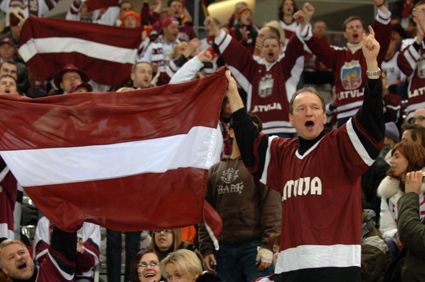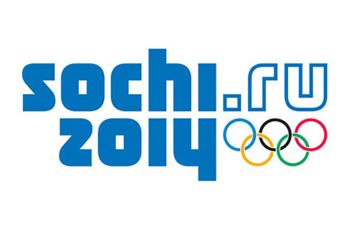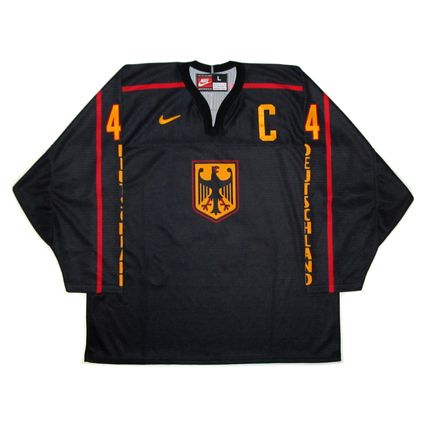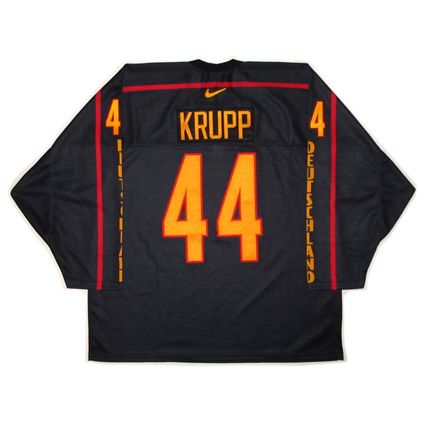33 teams applied for the 12 spots in the Olympics, with places being already reserved for the top 9 nations in the IIHF World Rankings following the 2012 World Championships earlier this year, meaning the remaining 24 were required to participate in the qualification process to determine which three nations will have the thrill of participating in the actual Olympic Games in Sochi.
To recap what has happened to date, Croatia won the Olympic Preliminary Qualification Phase back in September of 2013 to advance to the Olympic Pre-Qualification Phase in November of 2013. There, Ukraine won Group H, Great Britain won Group J in Japan and the Netherlands pulled an upset when they won Group G with a shootout victory over hosts Hungary.
In what could prove to be some of the most exciting games of the year, Group D begins play today in Germany, and will consist of Germany (ranked 10th), Austria (15), Italy (16), and longshot the Netherlands (24).
Austria has not qualified since 2002, which ended a run of three straight Games. Italy was given a spot in the 2006 Olympics as the host nation after failing to qualify in 2002. Prior to that, they did skate in the 1992, 1994 and 1998 Games. The Netherlands only participation came in 1980, and it would be a shocking result if they were to advance from this experienced group which includes the highest ranked team not automatically qualified.
Group E in Riga will consist of hosts Latvia (11), France (14), Kazakhstan (17) and Great Britain (21). Latvia will be trying to participate in their fourth consecutive Olympic Games, and the organizers in Sochi can only hope they qualify, as the Latvian fans travel in droves and make more noise and have more fun than any other fan base in international hockey.
France has not been in the Olympic tournament since 2002, while the Kazakhs were part of the the 1998 and 2006 games. Great Britain was an early participant, having won bronze in 1924 and a memorable gold in 1936, but has not been in the Olympics since 1948, a streak quite likely to continue.
Group F sees Denmark (12) hosting Belarus (13), Slovenia (18) and Ukraine (20) in what looks to be the hardest to predict of the three groups. It would be a real story if the Danes were to survive this group while playing at home, as they have never qualified for the Olympic hockey tournament in their history. It's a program on the rise, having sent a few notable players to the NHL as of late, and competing in the Olympics could only boost a program which has been in the Top Division of the IIHF World Championships since 2003.
Belarus has made the Olympics three out of four possible times since gaining their independence from the Soviet Union, with their most famous result coming in 2002 when they knocked Sweden out of the tournament. Ukraine has had the opposite results, with 2002 being their only Olympics in five tries. Slovenia has yet to make the Olympics in five tires and qualifying would be a tremendous boost to their national team program similar to Denmark's, as they are looking to establish themselves as a constant Top Division nation, as nine out of the 12 years has seen them either promoted from Division I or relegated from the Top Division.

The Germans best finishes have been a bronze medal in 1932 and again in 1976 (as West Germany). Following World War II when the country was divided into East Germany and West Germany, they participated as the Unified Team of Germany in 1956, 1960 and 1964.
In 1968, both the West Germans and East Germans sent separate teams to the Games for the only time prior to the East Germans downgrading their support for team sports in favor individual sports for economic reasons. For the 1972, 1976, when they won a bronze medal, 1980, 1984 and 1988 Olympics, only West Germany participated prior to German reunification in time for the 1992 Olympics.
For the 1998 Games in Japan, the NHL took a break in it's schedule for the first time, allowing the best professional players in the world to participate for the first time. As they are hoping to do this weekend, Germany won Group 1 of the Final Olympic Qualification to advance to Nagano. There, they went 2-1 in Group B of the Preliminary Round, losing to Belarus to be denied a place in the First Round of the main competition. They were then able to defeat Slovakia 4-2 for a final classification of 9th place.
Krupp played for West Germany from 1983 to 1990, participating in the World Juniors and the World Championships twice each. He then skated for the reunified Germany at the 1998 Olympics. Additionally, he had a long career in the NHL, playing for the Buffalo Sabres, New York Islanders, Quebec Nordiques, who became the Colorado Avalanche, the Detroit Red Wings and finally the Atlanta Thrashers in a career which spanned from 1986 to 2003, highlighted by scoring the cup winning goal in the third overtime of the 1996 Stanley Cup Final. He was later a member of the cup winning 2002 Detroit Red Wings.
He was the first German-born and trained player to win the Stanley Cup and play in an NHL All-Star Game, later becoming head coach of the German National Team in 2005.














No comments:
Post a Comment
We welcome and encourage genuine comments and corrections from our readers. Please no spam. It will not be approved and never seen.